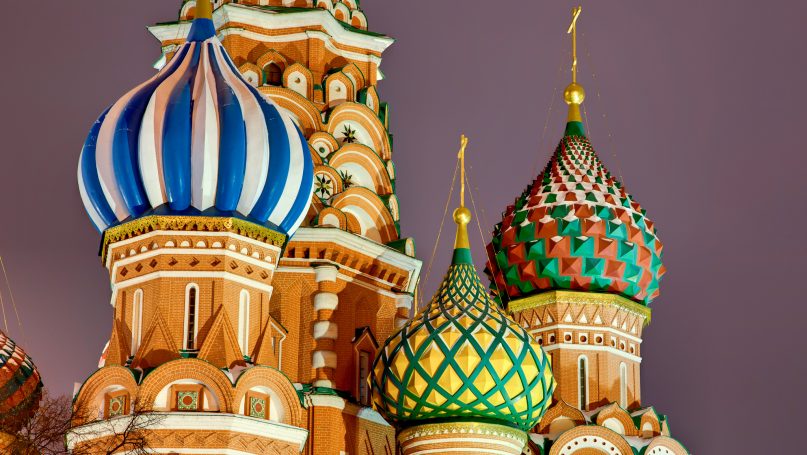Table of Contents
As Vladimir Putin’s leadership in Russia continues, discussions about his legacy and the future direction of the country intensify. Having shaped Russia’s political landscape for over two decades, Putin’s eventual departure from power will undoubtedly leave a significant void. In this article, we will explore predictions and speculations on Putin’s legacy and how they may influence the trajectory of Russia’s future.
As Vladimir Putin’s enduring leadership in Russia persists, the conversations surrounding his legacy and the nation’s future direction grow increasingly prominent and consequential. With over two decades at the helm, Putin has undeniably left an indelible mark on Russia’s political, economic and social landscape. The eventual transition of power from Putin will usher in a new era for the country, replete with opportunities and challenges and the speculation surrounding his legacy carries profound implications for Russia’s future.
The Putin Era: Putin’s leadership has been characterized by a complex interplay of strengths and controversies. His tenure has seen the restoration of political stability, economic growth and a renewed sense of Russian national pride. At the same time, it has raised concerns about democratic backsliding, media restrictions and political repression. The legacy of this era is thus a nuanced tapestry that invites diverse perspectives.
Legacy Speculation: As Putin’s departure from the presidency looms, speculation about his legacy abounds. Some envision a legacy of strong and assertive leadership that stabilized Russia during challenging times and restored its global influence. Others emphasize concerns about democratic norms, political pluralism and human rights, painting a more complex picture.
Influence on Successors: The legacy of Putin’s leadership will inevitably cast a shadow over his successors, shaping their priorities and policies. The choice of a new leader, the extent to which they continue or diverge from Putin’s path and their ability to address pressing domestic and international issues will all be influenced by the legacy left behind.
Global Impact: The transition of power in Russia will also have far-reaching global consequences. Russia’s role in international conflicts, its stance on critical global issues like climate change and nuclear disarmament and its relationships with other major powers will all be subject to change and recalibration.
Economic and Social Dynamics: Putin’s legacy extends beyond the political sphere, impacting economic and social dynamics within Russia. The country’s approach to economic reforms, social policies and its stance on issues such as healthcare and education will all be influenced by the legacy of Putin’s era.
Uncertainty and Opportunity: While predictions about Putin’s legacy abound, the future remains uncertain. Transition periods are inherently volatile, but they also present opportunities for reform and renewal. The evolving dynamics of Russian society, coupled with the aspirations of its people, will play a pivotal role in determining the direction the country takes.
In conclusion, as Vladimir Putin’s leadership continues in Russia, discussions about his legacy and the nation’s future intensify. The complex interplay of strengths and controversies during his tenure has engendered a legacy that invites a wide array of predictions and speculations. The transition of power in Russia will be a watershed moment and how Putin’s legacy is interpreted and acted upon will significantly influence the country’s trajectory in the coming years. It is a moment of both uncertainty and opportunity, where the aspirations of the Russian people will play a pivotal role in shaping the nation’s future.
Don’t stop here; you can continue your exploration by following this link for more details: Russia and India: A New Chapter – Carnegie Endowment for …
Consolidation of Power
One prominent aspect of Putin’s legacy is the consolidation of power within the Russian presidency. Over the years, he has centralized authority, reduced the influence of regional leaders and extended presidential term limits. Speculations abound about how this legacy of centralized power might persist or evolve in Russia’s political landscape after Putin.
Some experts predict that Putin’s successor may continue this trend, while others speculate that a new leader might seek to decentralize power and promote a more pluralistic political system.
One of the defining features of Vladimir Putin’s legacy is the notable consolidation of power within the Russian presidency. This consolidation has unfolded over the years through various means, leaving an indelible mark on the nation’s political landscape. Let’s explore this aspect of Putin’s legacy further and consider potential scenarios for its evolution:
Centralized Authority: Putin’s leadership has seen a gradual centralization of authority in the presidency. This has been evident in his management of key government institutions, the appointment of regional governors and the control over the legislative process. The presidency has become the focal point of decision-making in Russia, solidifying Putin’s influence over the country’s direction.
Reduced Regional Autonomy: Another facet of this consolidation has been the reduction of regional leaders’ autonomy. Putin’s government has implemented measures to curtail the power of regional governors and bring them more firmly under federal control. This move has contributed to a more uniform governance structure across Russia.
Extended Term Limits: Putin’s return to the presidency in 2012, followed by constitutional amendments in 2020, extended presidential term limits, allowing him to potentially remain in office until 2036. This move has raised questions about the longevity of his rule and its implications for the country’s political stability.
Potential Scenarios for the Future: Speculation abounds about how Putin’s legacy of centralized power might evolve in Russia’s political landscape after his tenure. Several scenarios are conceivable:
a. Continuation of Centralization: Some experts suggest that Putin’s chosen successor, if there is one, may follow a similar path of centralization. This could involve maintaining a strong presidency and consolidating authority to ensure political stability and continuity.
b. Decentralization and Pluralism: Conversely, others speculate that a new leader might seek to decentralize power and promote a more pluralistic political system. This could entail devolving authority to regional governments, enhancing the role of political parties and fostering a more competitive political environment.
Legacy and Historical Context: Putin’s legacy is also influenced by Russia’s historical context. The nation has experienced periods of centralized power followed by experiments with decentralization. Understanding this historical backdrop is essential for assessing potential future developments.
International Implications: The trajectory of Russia’s political landscape has implications beyond its borders. The nature of leadership and governance in Russia can impact international relations, regional stability and global geopolitics.
In conclusion, the consolidation of power within the Russian presidency is a prominent aspect of Putin’s legacy. How this legacy unfolds in the post-Putin era will be a subject of considerable interest and debate, both within Russia and on the international stage. It will be a pivotal factor in shaping the nation’s political trajectory and its place in the evolving landscape of global politics.
For additional details, consider exploring the related content available here What Could Come Next? Assessing the Putin Regime’s Stability and …
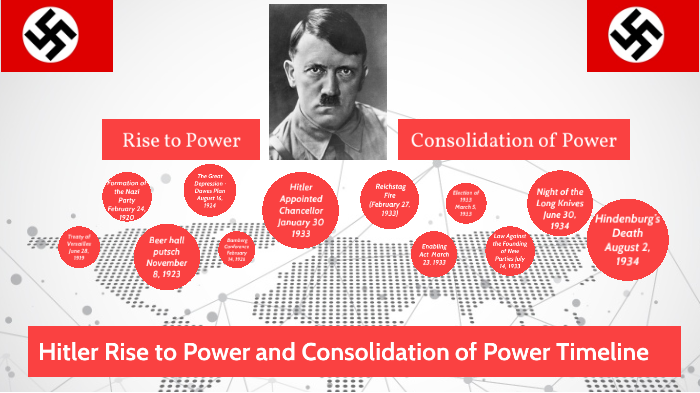
Economic Policies
Putin’s leadership has been marked by a focus on economic stability and the restoration of Russia’s status as a global economic player. His government has managed to weather economic crises, stabilize the ruble and maintain control over key economic sectors.
Predictions regarding Russia’s economic future post-Putin are mixed. Some anticipate a continuation of Putin’s economic policies, while others envision potential reforms to diversify the economy, attract foreign investment and reduce its dependence on oil and gas exports.
Putin’s emphasis on economic stability and Russia’s role in the global economy has indeed been a defining feature of his leadership. To delve deeper into the potential trajectories for Russia’s economy post-Putin, it’s important to consider various scenarios and factors:
Continuation of Putin’s Policies: One possibility is the continuation of Putin’s economic policies under a new leader or government. This scenario would involve a commitment to maintaining economic stability, managing crises effectively and preserving Russia’s position as a global economic player. Such continuity could be seen as a way to build on the successes of Putin’s economic tenure.
Diversification and Modernization: Another potential path forward involves a concerted effort to diversify Russia’s economy. This approach recognizes the need to reduce the country’s dependence on oil and gas exports, which have historically been a significant revenue source. Diversification could involve investments in technology, innovation and non-energy sectors to create a more balanced and resilient economy.
Attracting Foreign Investment: To stimulate economic growth and innovation, Russia may look to attract more foreign investment. This would require creating an environment that is conducive to foreign businesses, including regulatory reforms, protection of intellectual property rights and measures to improve transparency. Increased foreign investment could inject new capital and expertise into the Russian economy.
Challenges of Transition: Transitioning from one economic model to another is not without challenges. It may involve structural reforms, adjustments in government policies and overcoming vested interests in existing economic sectors. The process of diversification and modernization could be gradual and may require careful planning and execution.
Global Economic Dynamics: Russia’s economic future is also influenced by global economic dynamics, including trends in energy markets, international trade and geopolitical factors. Changes in these areas can have a significant impact on Russia’s economic prospects and policy choices.
Socioeconomic Considerations: The economic path chosen will also be influenced by the needs and aspirations of Russia’s population. Addressing income inequality, improving living standards and creating job opportunities are key considerations for any government in shaping economic policy.
In summary, the economic future of Russia post-Putin is shaped by a combination of factors, including continuity of existing policies, diversification efforts, attracting foreign investment, challenges associated with transition and the broader global economic context. The direction taken will depend on the priorities and strategies of Russia’s leadership and their ability to navigate the complexities of the modern global economy.
For a comprehensive look at this subject, we invite you to read more on this dedicated page: Seven ways Russia’s war on Ukraine has changed the world …
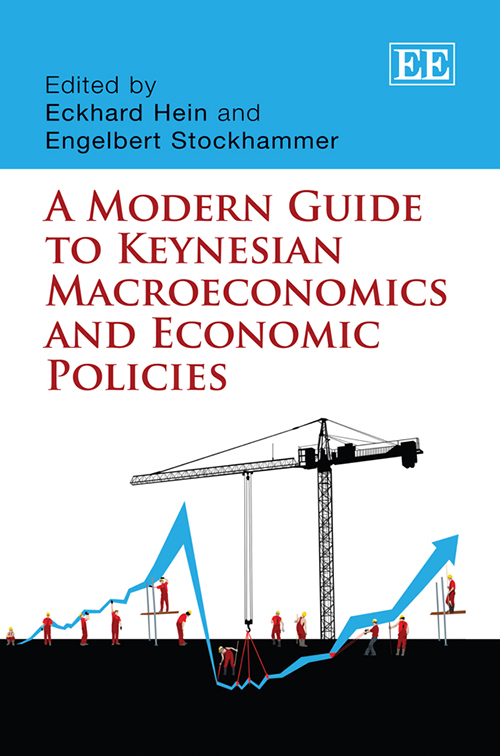
Foreign Relations
Putin’s foreign policy decisions have had a profound impact on Russia’s relationships with other nations. His assertive stance on issues like Crimea, Ukraine and Syria has led to tensions with Western countries and, in some cases, economic sanctions.
Speculations on Russia’s foreign relations after Putin’s leadership vary. Some foresee a continuation of his assertive foreign policy, while others anticipate a shift toward more diplomatic and cooperative approaches, particularly in areas like arms control and climate change.
Vladimir Putin’s foreign policy legacy is a topic of significant interest and debate, given its far-reaching implications for Russia’s relationships with other nations. His assertive stance on issues such as Crimea, Ukraine and Syria has indeed left a profound impact, leading to both diplomatic tensions and concrete consequences in the form of economic sanctions imposed by Western countries.
The annexation of Crimea in 2014 marked a turning point in Russia’s relations with the West. This event, followed by Russia’s support for separatist movements in eastern Ukraine, triggered a crisis in diplomacy and led to punitive measures from the European Union and the United States. Economic sanctions, asset freezes and travel bans were among the responses employed by Western nations to convey their disapproval of Russia’s actions.
The conflict in Syria further underscored Russia’s assertive foreign policy. While Russia framed its involvement as a counterterrorism effort, its support for the Assad regime and military intervention in the Syrian conflict drew international attention and concern. This intervention, along with the complex web of interests in the region, has contributed to a complicated geopolitical landscape with implications for regional stability and global diplomacy.
As Vladimir Putin’s leadership era continues, speculations on Russia’s future foreign relations are varied and intriguing. Some anticipate a continuation of Putin’s assertive foreign policy, particularly in areas where Russia seeks to protect its strategic interests and regional influence. This perspective suggests that Russia will remain a formidable player on the global stage, willing to assert its interests even in the face of Western opposition.
Conversely, others foresee a potential shift in Russia’s foreign policy approach, especially in areas where cooperation and diplomacy are increasingly important. Key issues such as arms control agreements and climate change mitigation could provide opportunities for Russia to engage in more cooperative and constructive dialogue with Western nations. International challenges like nuclear disarmament and environmental sustainability demand multilateral efforts and Russia’s participation in such initiatives could signal a shift toward a more diplomatic stance.
In conclusion, Vladimir Putin’s foreign policy decisions have undeniably reshaped Russia’s relationships with other nations, leading to tensions and economic sanctions in response to assertive actions. The future of Russia’s foreign relations after Putin’s leadership remains uncertain, with differing expectations about whether Russia will maintain its assertiveness or seek more diplomatic and cooperative approaches. The path forward will likely depend on a complex interplay of geopolitical factors and evolving global challenges.
Don’t stop here; you can continue your exploration by following this link for more details: What Could Come Next? Assessing the Putin Regime’s Stability and …
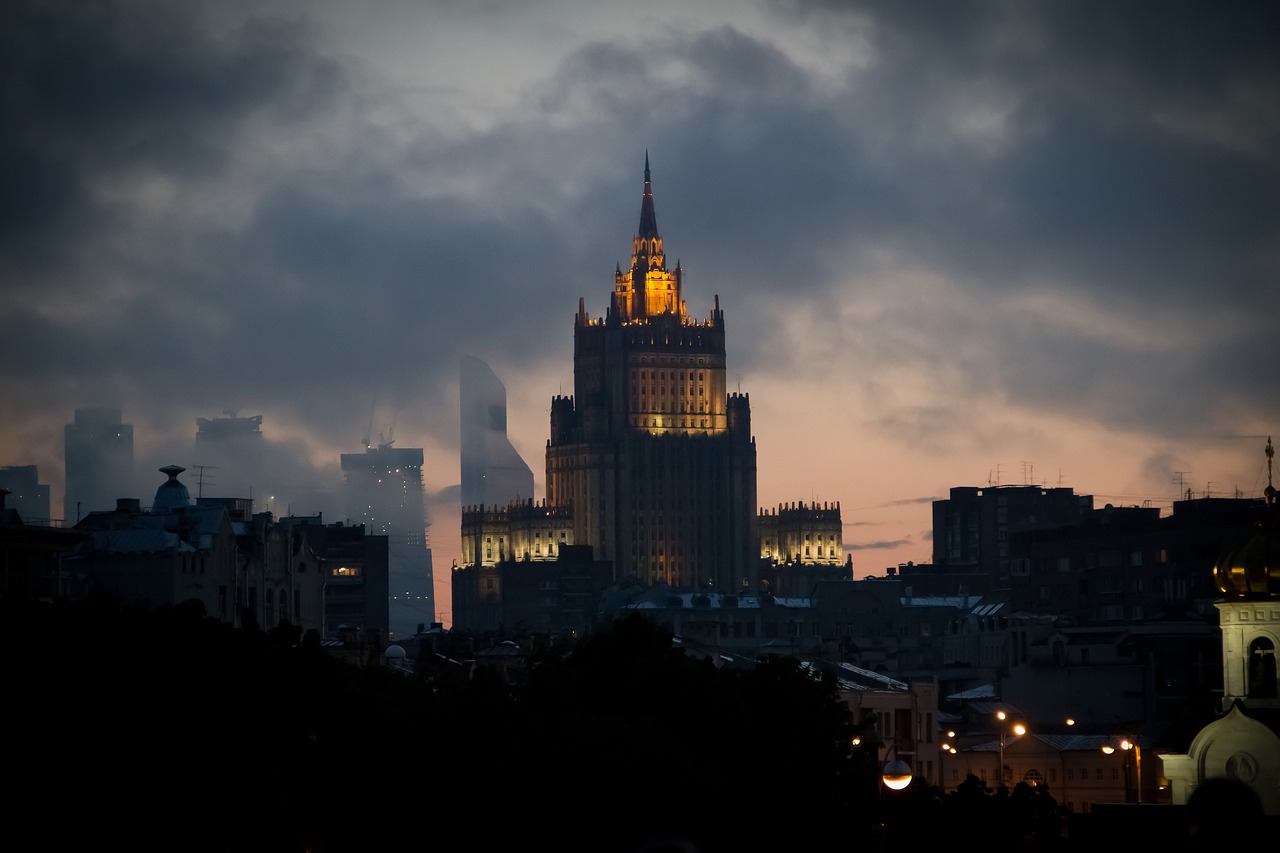
Political Transition
The question of who will succeed Putin remains a topic of speculation. While Putin’s popularity endures among certain segments of the Russian population, finding a suitable successor is a complex task. Speculations range from the possibility of Putin seeking constitutional changes to retain influence to the emergence of a new leader from within the existing political elite.
The outcome of this transition will significantly shape Russia’s political landscape and it is closely watched by domestic and international observers alike.
The impending question of who will succeed Vladimir Putin as the leader of Russia has become a subject of immense intrigue and speculation and rightfully so. Putin’s enduring popularity among certain segments of the Russian population has solidified his status as a pivotal figure in Russian politics, making the task of finding a suitable successor an intricate and consequential one.
Various speculations and scenarios have been put forth regarding the future of Russian leadership. One possibility is that Putin might seek constitutional changes to retain influence even after his official term ends, a strategy that would allow him to continue shaping the course of the nation’s policies and politics. This prospect has garnered significant attention both within Russia and abroad, as it could signal a shift in the country’s political system and raise questions about the consolidation of power.
Another scenario involves the emergence of a new leader from within the existing political elite. Russia has a cadre of experienced politicians, government officials and regional leaders who could potentially ascend to the presidency. The choice of such a successor would not only depend on their qualifications but also on their alignment with Putin’s vision for Russia’s future. The question of continuity versus change in the nation’s direction hangs in the balance.
The outcome of this transition, whichever path it takes, will undoubtedly have profound implications for Russia’s political landscape and its role on the global stage. Domestically, it could shape the nation’s trajectory in terms of political pluralism, economic policies and civil liberties. Internationally, it may influence Russia’s foreign relations, particularly with Western nations and its positioning in critical geopolitical conflicts.
As the world watches this transition unfold, both domestic and international observers remain keenly attentive to the developments in Russia. The choice of Putin’s successor and the manner in which this transition is managed will determine the course of Russia’s political future. It will also have far-reaching consequences, echoing across international relations and geopolitics, making it one of the most significant events to watch in the coming years.
To expand your knowledge on this subject, make sure to read on at this location: What Could Come Next? Assessing the Putin Regime’s Stability and …
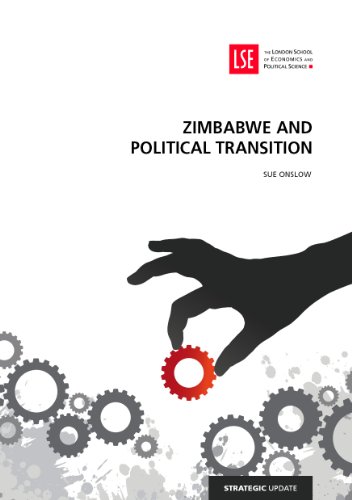
Legacy and Historical Memory
Putin’s legacy is also intertwined with historical memory and the narratives he has crafted about Russia’s role in the world. His emphasis on historical pride and a strong national identity has resonated with many Russians.
Predictions suggest that Putin’s legacy of historical pride and national identity will continue to influence Russia’s self-perception and its approach to international relations, regardless of who succeeds him.
Putin’s legacy is not limited to his actions during his time in office; it is deeply intertwined with the historical narratives he has meticulously crafted about Russia’s role in the world. His emphasis on historical pride and a robust national identity has struck a chord with many Russians, shaping not only their perception of the present but also their vision for the future.
One of Putin’s notable contributions to Russia’s historical narrative has been the emphasis on its enduring resilience and its role in shaping world history. He often invokes Russia’s triumphs and sacrifices during pivotal moments such as World War II, portraying the nation as a stalwart defender of its sovereignty and values against external threats. This narrative has not only fostered a sense of pride but also a shared historical consciousness among Russians.
Moreover, Putin’s promotion of a strong national identity is a central pillar of his legacy. He has encouraged the celebration of Russian culture, language and traditions. This has led to a resurgence of interest in Russian history, literature and arts, fostering a renewed sense of belonging among the population. His vision of Russia as a unique and distinct civilization has resonated with those who seek to uphold the country’s traditions in a rapidly changing world.
Predictions about the lasting impact of Putin’s legacy on Russia’s self-perception and international relations are not unfounded. The narrative of historical pride and national identity he has cultivated is likely to endure beyond his presidency. It has become an integral part of Russia’s collective identity, influencing how the nation perceives itself and its place in the world.
Regardless of who succeeds Putin, these themes are likely to remain prominent in Russian politics and diplomacy. They have contributed to Russia’s assertive approach on the global stage, with the nation asserting its interests and values with vigor. Putin’s legacy may continue to influence Russia’s foreign policy decisions, as leaders in the post-Putin era grapple with the task of maintaining Russia’s historical pride and national identity in a rapidly evolving international landscape.
In conclusion, Putin’s legacy is deeply rooted in the historical narratives he has cultivated. His emphasis on historical pride and a strong national identity has left an indelible mark on Russia’s self-perception and its approach to international relations. These themes are likely to endure, shaping Russia’s actions and policies for years to come, regardless of who occupies the presidency.
For additional details, consider exploring the related content available here The Roots of Russian Conduct
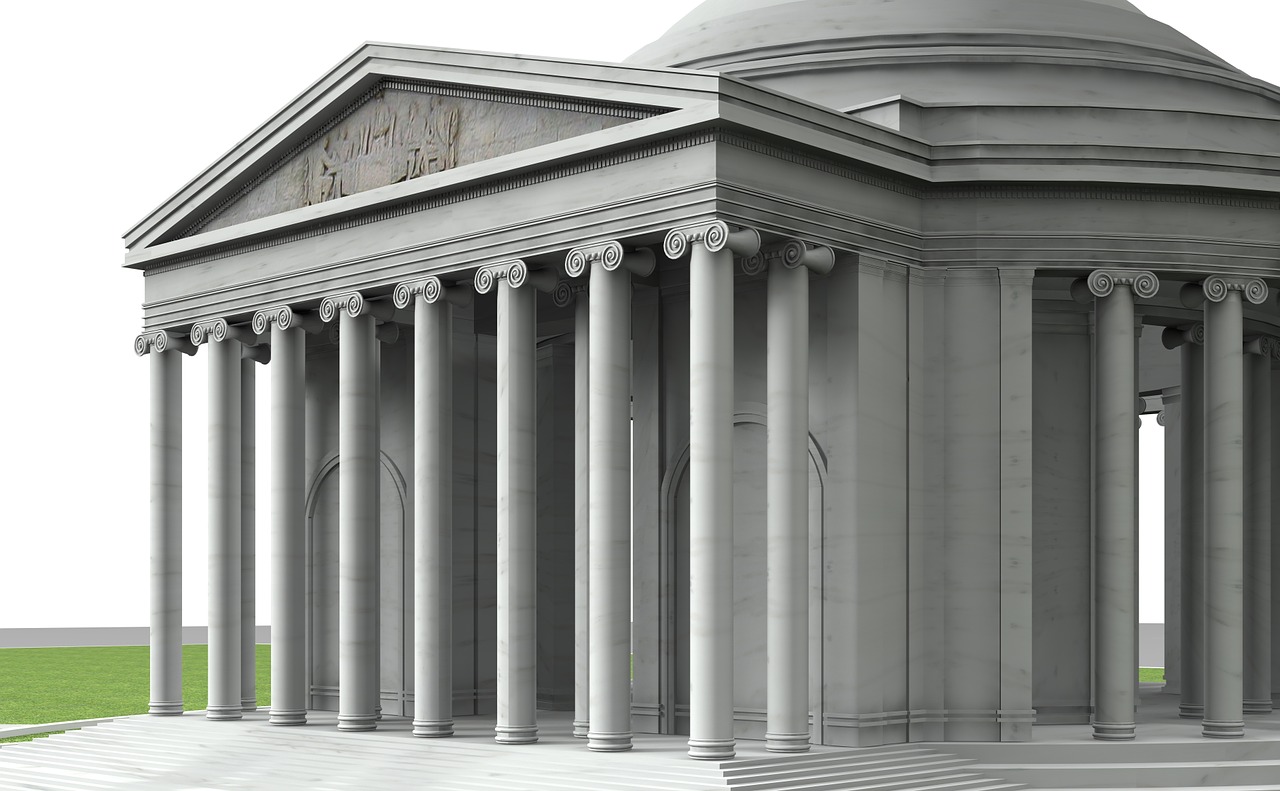
As Vladimir Putin’s leadership continues in Russia, the country stands at a critical juncture. Predictions and speculations about Putin’s legacy and Russia’s future abound, reflecting the complexities and uncertainties of Russian politics. Whether his legacy endures or undergoes significant changes, the eventual transition of power and the direction Russia takes will have far-reaching implications for the nation’s domestic and international affairs. The world watches with keen interest as the Putin era gradually gives way to a new chapter in Russian history.
As Vladimir Putin’s leadership continues to shape Russia’s trajectory, the nation finds itself at a pivotal crossroads. The uncertainty surrounding Putin’s legacy and the future of Russia permeates political discussions and global analyses, highlighting the intricate and often enigmatic nature of Russian politics. This juncture is marked by a convergence of critical factors that will collectively determine the course of Russia’s evolution.
The conjecture about Putin’s legacy is an exercise in navigating complexities. Some argue that his enduring influence could reshape the very foundations of Russia’s political landscape. A prolonged Putin era might solidify his brand of governance, characterized by a mix of authoritarianism and strongman politics and could have implications for the consolidation of power and the continuity of his policies.
Conversely, others speculate that the winds of change might usher in a new era of governance in Russia. The eventual transition of power, whether through elections or other means, holds the potential for a reconfiguration of the country’s political dynamics. It could open the door to new leadership styles, policy directions and approaches to domestic and international affairs.
The outcome of this transition is of paramount importance, not only for Russia but for the global community as well. Russia’s role on the international stage, its relationships with neighboring countries and its approach to critical global issues will all be influenced by the leadership that emerges from this juncture. This transition period, marked by uncertainty and change, has the potential to redefine Russia’s identity and trajectory in the 21st century.
As the world watches with keen interest, the evolution of the Putin era into a new chapter in Russian history remains a subject of intense scrutiny. The narratives that emerge, the choices made and the direction taken by Russia will undoubtedly shape the nation’s domestic and international affairs for years to come, making this a defining moment in Russian politics and global geopolitics.
To delve further into this matter, we encourage you to check out the additional resources provided here: Putin and Russia’s Future | Wilson Center
More links
If you’d like to dive deeper into this subject, there’s more to discover on this page: Seven ways Russia’s war on Ukraine has changed the world …
